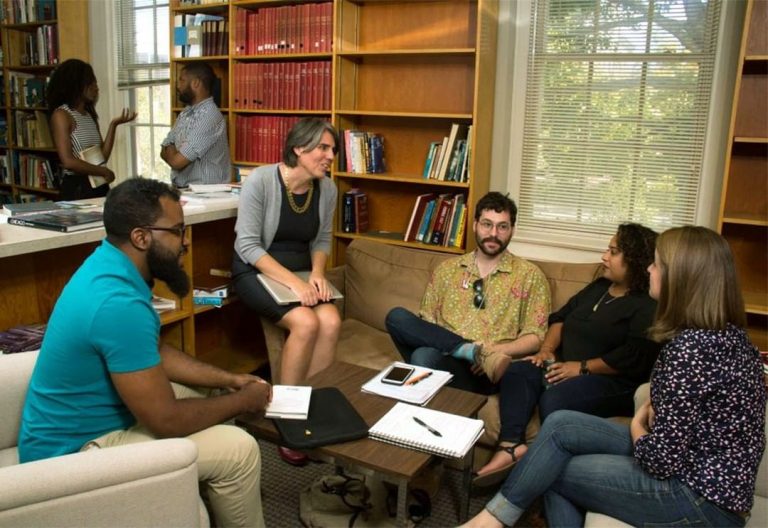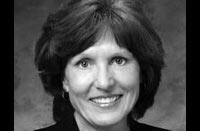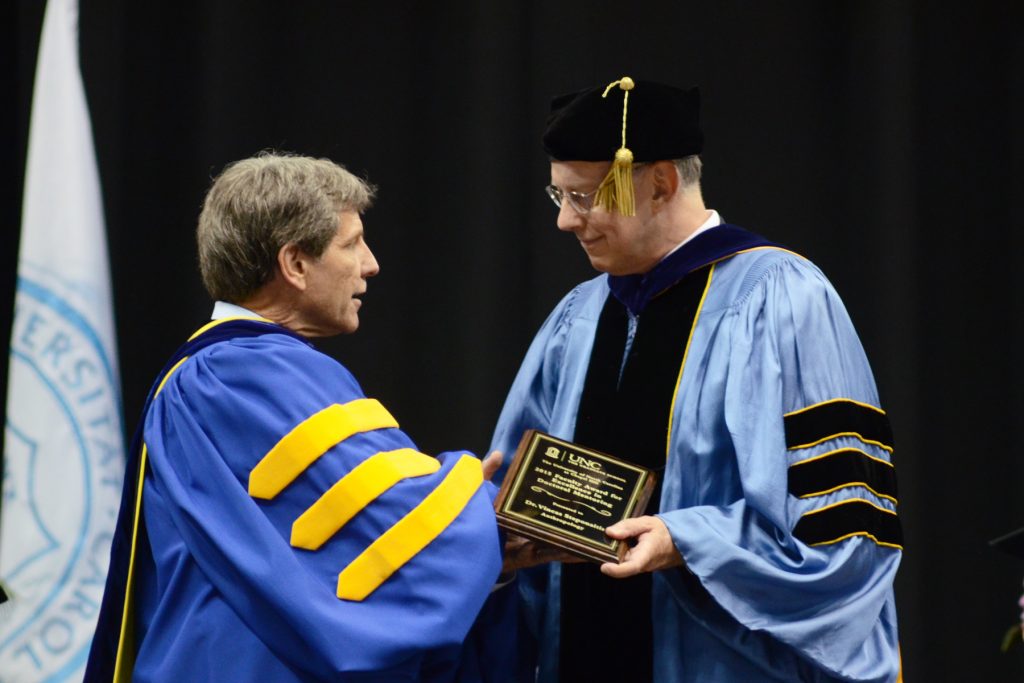
“Are you better off than you were four years ago?”
Ronald Reagan asked that rhetorical question 32 years ago during his final debate with Jimmy Carter one week before the 1980 presidential election.
It landed like a knockout punch in the 15th round, turning what election polls showed as a virtual draw into a historic landslide.
James Stimson, Raymond Dawson Professor of Political Science, sees the 2012 election between Barack Obama and Mitt Romney shaping up in much the same way – but with an unprecedented twist.
There is no doubt Romney will throw that punch again and again, Stimson said. The only question is whether Obama will be able to duck it.
The campaign as a sideshow
Presidential campaigns are a serious business –and they often make good theater.
Four years ago, political reporters John Hellemann and Mark Halperin captured the drama of the 2008 presidential campaign in their book “Game Change: Obama and the Clintons, McCain and Palin, and the Race of a Lifetime.”
Such narratives may accurately chronicle the day-to-day drama of politics. They may even be entertaining. But as a political scientist, Stimson thinks they can also paint a false impression that one candidate won because he ran a good campaign or the other candidate lost because he ran an inept one.
Stimson believes and writes in his 2004 book “Tides of Consent: How Public Opinion Shapes American Politics” that the campaigns are the sideshow. The main event, almost always, is the economy.
What that means –incredibly –is that the game can be over before the campaign even begins. If that is true, as Stimson believes, nothing that happens between April and the end of October has any lasting consequence.
“We get caught up in the day-to-day action of the campaign and when we see the polls move, we try to find the cause and effect with what we are seeing in the campaign,” he said. “It is only after you look back after the election that you see most of that day-to-day stuff didn’t matter.”
Playing the blame game
If the economy is strong, Stimson said, a sitting president can win even if he does almost everything wrong. If the economy is bad, a sitting president is a sitting duck –and likely a lame duck –no matter how good his campaign is.
If it is that simple, Obama could be expected to suffer the same defeat Carter did in 1980. But in 2012, it may not be that simple, Stimson said.
“This year the economic data are really hard to read because there is confusion,” he said. “The confusion is not about the economy. It is not doing well at all, and the confusion is who is responsible.
“In the past, it has always been clear that the incumbent president was responsible for the state of the economy. It is just not so clear in 2012 since the fall started during Bush’s watch.”
Regardless of one’s political leanings, Stimson said, there can be no disagreement that Obama inherited a labor market in free fall.
U.S. Department of Labor statistics show monthly job losses, driven by the bursting housing bubble, climbed during the final year of the Bush administration, but increased dramatically after the September collapse of Lehman Brothers – the largest bankruptcy filing in U.S. history.
In October 2008, job losses reached 489,000 and soared to 803,000 in November. In December, another 818,000 jobs were lost.
Two months before the election, there is no dispute that the economy is not where most Americans would want it to be. Not with more than 12 million people unemployed, according to the U.S. Department of Labor’s August 2012 report. And not with an unemployment rate that has remained above 8 percent since Obama’s first month in office.
Stimson teaches courses in political economy. One of the things he has told his students the past four years is that the country is in a disappointing recovery –but it is a recovery.
“The recession is over. It ended in 2009, but that is almost an irrelevant technical fact because no one can be enthusiastic about growth rates of 1.5 or 2 percent, which is what we are experiencing,” Stimson said.
“It seems to be the case this year that partisans are free to choose the interpretation they want. If you are a Democrat, it’s Bush’s fault because it started under his watch. If you’re a Republican, it’s Obama’s fault because he didn’t do anything after four years. Either one of those is a credible argument.”
The pivotal ‘undecided vote’
Independents now make up about one-third of the American electorate, and they represent a mixed group from across the political spectrum.
Within that bigger group is a narrow sliver of undecided voters – roughly 4 million people –who will likely hold the outcome of this year’s election in their hands, Stimson said. And that is not a comforting thought.
“The ‘undecided’ are the least informed and least sophisticated voters in the electorate,” Stimson said. “They tend to be the bottom of the political barrel – folks who know so little and care so little that, after everybody else had chosen sides months ago, they still haven’t made up their minds.
“And it is not because they are cautiously weighing a choice, but because they are so tuned out that they are paying almost no attention at all to the election.”
In uncontested elections, where an incumbent presides over a strong economy – as Ronald Reagan did in 1984, or Bill Clinton did in 1996 – this group doesn’t matter, he said. But this year’s election is contested; the margin of support between Obama and Romney has fluctuated between one and two points.
In a contested election like this one, both sides target the undecided voters in their political advertisements, Stimson said. That is why most of the ads are aimed at such a low level.
“When an incumbent wins by a big margin, the votes within this group of undecided voters don’t matter much,” he said, “but if it’s close, they are decisive.”
Watch the conventions
The upcoming debates will be intensely watched by people across the country, and pundits will have much to say about the performance of each candidate and who scored the most points, technically and politically.
None of it is likely to matter, Stimson said, because the undecided voters wouldn’t be inclined to watch the debates.
Instead, Stimson is focusing on the recently held national conventions and the size of the bump each candidate has received afterward.
“The big story is in the two conventions,” Stimson said. “Both candidates are going to score some points, and traditionally the points that are scored at convention time are still there on Election Day.
“Right now is when something is going to happen – either at the Republican Convention or the Democratic Convention, or both. The conventions are key.
“We’ll know in three weeks. It is going to be extremely close and whoever is ahead in three weeks is likely to be the winner.”
Time will tell.



